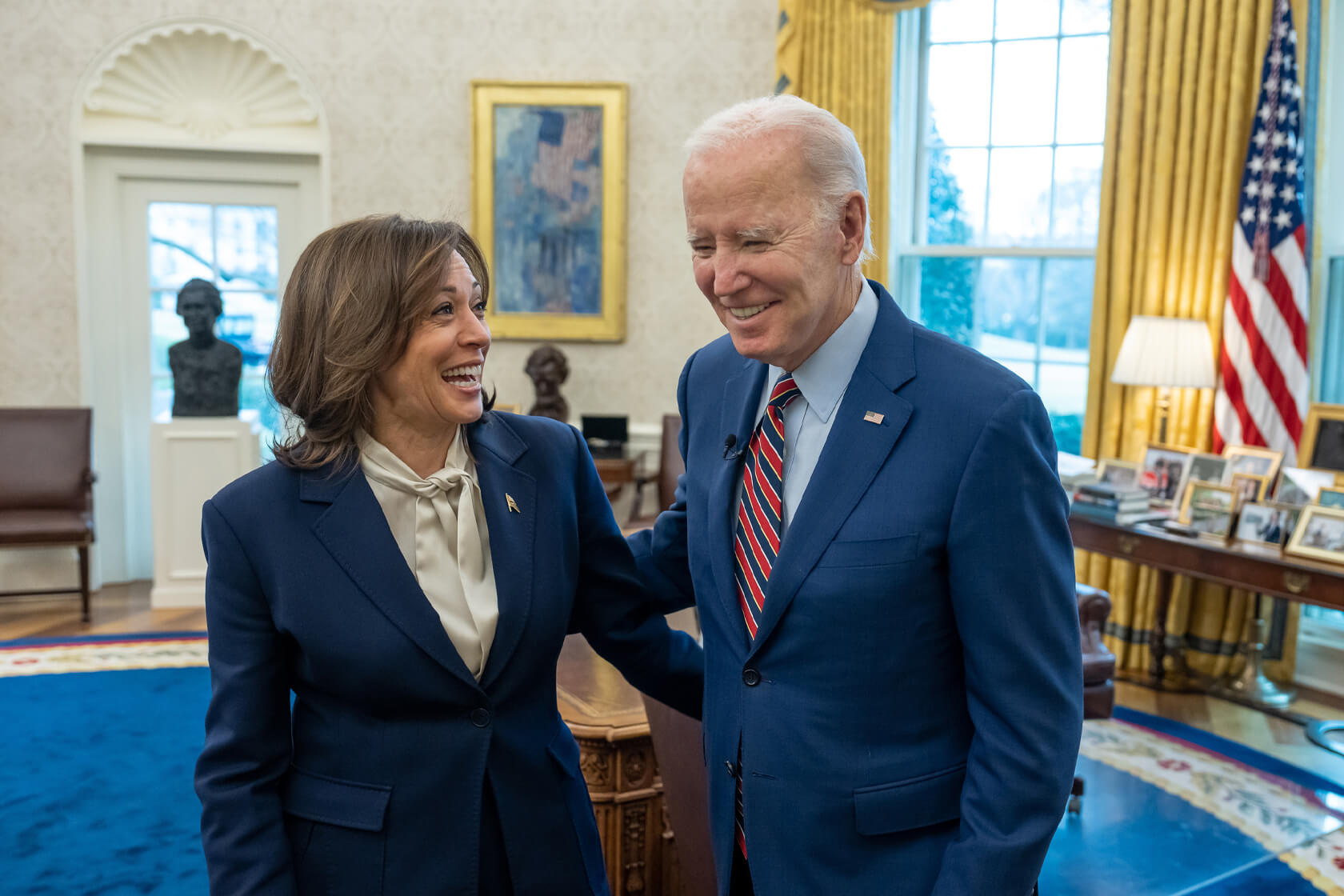Frustration and anxiety persist as liberals claim veterans’ waiting time success

When Stephen LaSalle first injured his leg in military training, he only heard stories about dealings with Veterans Affairs Canada. Five years later, a reserve Navy lieutenant can speak directly to the experience.
LaSalle is one of more than 23,000 veterans with disability claims awaiting federal agency action. This continues to be a source of anger, frustration and anxiety despite repeated promises by liberal governments to eliminate it.
LaSalle is waiting to see if she is eligible for income replacement benefits because the chronic pain and post-traumatic stress she has experienced since amputating her leg has prevented her from working.
“I struggle with mental health injuries from everything, not just amputations,” says from his home in Niagara Falls, Ontario. “So without IRB, I have no income.”
Veterans Affairs Minister Lawrence Macaulay on Tuesday agreed that wait times at the department were too long, but claimed the Liberal government had made progress in hiring hundreds of temporary staff to process claims. .
In an interview with The Canadian, the minister said wait times have been “reduced significantly”. It took him 25 weeks for his department to process the first claim from a veteran, compared to more than 43 weeks last year.
However, the 25-week average does not take into account how long it takes before the clock officially starts, including those deemed incomplete and those still awaiting assignment to adjudicators. Is not …
This time lag has been a source of concern and criticism from supporters, especially since about 17,000 of the 30,000 disability applications held by the agency at the end of September fell into both categories.
Macaulay’s average also does not include the time veterans would be forced to wait for re-evaluation or appeals if their initial claims were denied.
In a report released earlier this month, Veterans Affairs Ombudsperson Nishika Jardine raised the issue of delays many ex-servicemen face before knowing if they are eligible for financial and medical assistance. Did.
“The bottom line is that veterans are still waiting more than double the published service standards on disability claims,” Jardine said in an interview.
The government’s target for processing 80% of claims is 16 weeks.
“People who are struggling to access or pay for their own health care are the veterans I worry about. The impact on their health and well-being will likely be tangible.”
Meanwhile, the number of unprocessed claims the department has not processed has changed little over the past nine months at about 30,000, according to new figures produced by the Department of Veterans Affairs.
At the same time, the department received nearly 6,000 more applications than it processed in the previous quarter, raising concerns about returning backlogs and wait times.
The issue was taken up by Congressional Budget Office and Auditor General Karen Hogan, who earlier this year accused the federal government of failing to keep its promises to care for injured people while in uniform.
The Liberal government has spent millions of dollars hiring hundreds of temporary workers to clear its backlog, and Mr Macaulay said on Tuesday that the current predicament was due to staffing by Stephen Harper’s Conservative government. Despite trying to blame it on the cuts, he pointed it out.
“What we inherited, they expected it would take 10 years to put the VA back in place,” he said.
Hogan, who testified before the House Veterans Affairs Committee last month, said long-term staffing at the VA after raising questions about the use of temporary workers and what she described as temporary funding. I repeated her earlier call to the plan.
“If an employee leaves a department because their position is not permanent, temporary funding will not help improve the situation,” she said. “Therefore, we recommended that we stabilize our funding a bit more and take a long-term view.”
Other solutions have been repeatedly put forward by veterans’ organizations but largely ignored by governments. This includes using it to catch potential scammers.
Brian Forbes, Executive Director of War Amplifiers and National Trustee of the National Veterans Affairs Council, an umbrella group of 60 veterans’ organizations, has been calling for such change for years. He said nearly all of his PTSD claims have been approved, but the waiting time is still approaching almost a year.
“We have a few cases that are a year and a half old,” he says.
Forbes isn’t alone in calling for such an approach. A House committee last year recommended that the government amend existing laws that allow for preapproval of claims so that veterans can get help sooner.
The Royal Canadian Legion also supports such moves, at least when it comes to the most common injuries and illnesses.
“For the most common, we’re definitely going for it,” said Carolyn Hughes, deputy director of veterans services for the Corps.
Advocates credit the government for allowing veterans to access mental health services while waiting for their applications to be processed, but a similar approach is taken for physical injuries. I am questioning why I did not.
LaSalle fortunately agreed to help the Corps expedite his application. It can relate to the stress and frustration you are experiencing when it sits on your desk.
“Focusing on your recovery and trying to do everything you can to get yourself back in good shape will only add to your stress.”
This report by the Canadian Press was first published on November 9, 2022.
Frustration and anxiety persist as liberals claim veterans’ waiting time success
Source link Frustration and anxiety persist as liberals claim veterans’ waiting time success



